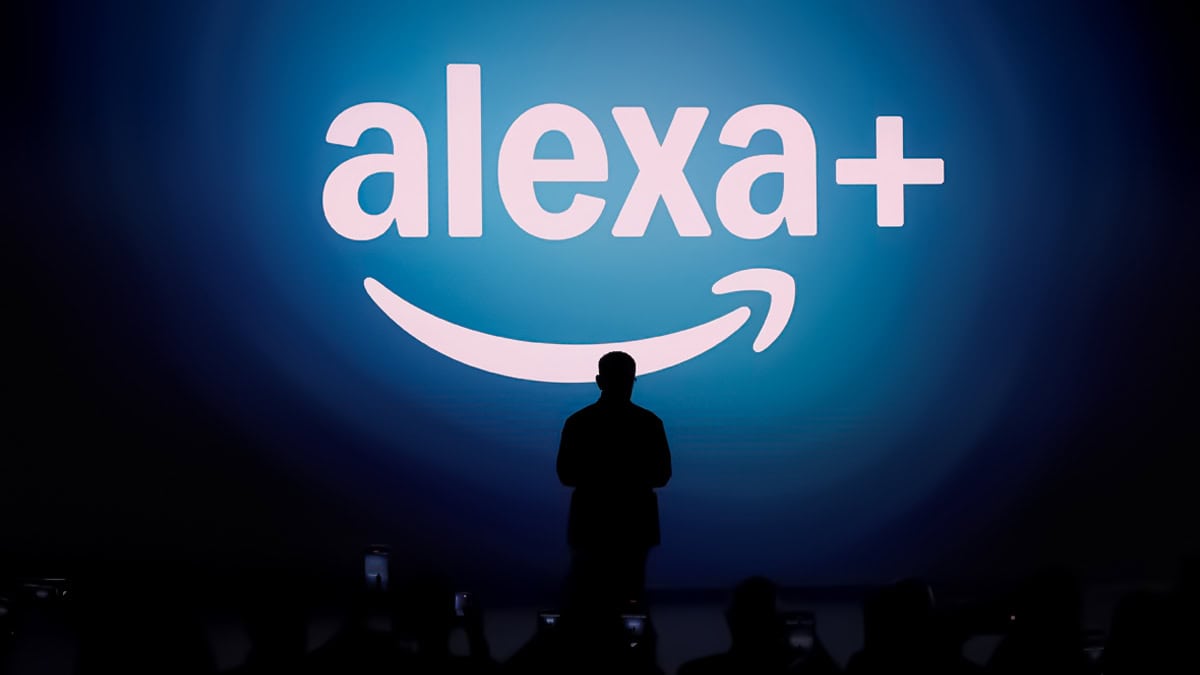Amazon rolled out its much-awaited Alexa+, an AI-powered upgrade to its voice assistant, in early 2025. The company aimed to transform Alexa into a smarter, more conversational tool using generative AI.
CEO Andy Jassy announced that over 100,000 users have accessed Alexa+ so far. He has plans to expand to more users in the U.S. and other countries later this year. Yet, in weeks after the launch, there’s been little sign of active user engagement or public feedback.
Slow Rollout and Limited Access
Alexa+ is rolling out in phases, starting with Early Access for select customers who have signed up and owned specific devices like the Echo Show 8, 10, 15, or 21.
Amazon plans to add more Echo users over time. It’s free for Prime members but costs $19.99 per month for others. However, only a small fraction of the 600 million Alexa-enabled devices worldwide currently support this upgrade, limiting its reach.
Performance Issues and Missing Features
Despite the hype, Alexa+ faces challenges. Users report slow response times and occasional inaccurate or made-up answers, a common issue with AI models.
Some features showcased earlier, like using third-party apps or creating bedtime stories, are not yet available. Amazon admits the tech is still “primitive,” with accuracy rates between 30% to 60%, though they aim for 90% soon.
Why the Silence from Users?
Finding real user feedback on Alexa+ is tough. Searches across social media, news sites, and Amazon’s own platforms show almost no reviews or reactions.
While Amazon claimed “hundreds of thousands” now have access, they haven’t shared why the public response has been so quiet. This raises questions about whether users are truly engaging with the new assistant or if the rollout is too limited to make an impact.
Amazon’s vision is to compete with AI chatbots like ChatGPT and Google Gemini. But with market saturation-35% of U.S. households already own smart speakers-and hardware barriers, Alexa+ struggles to stand out.
